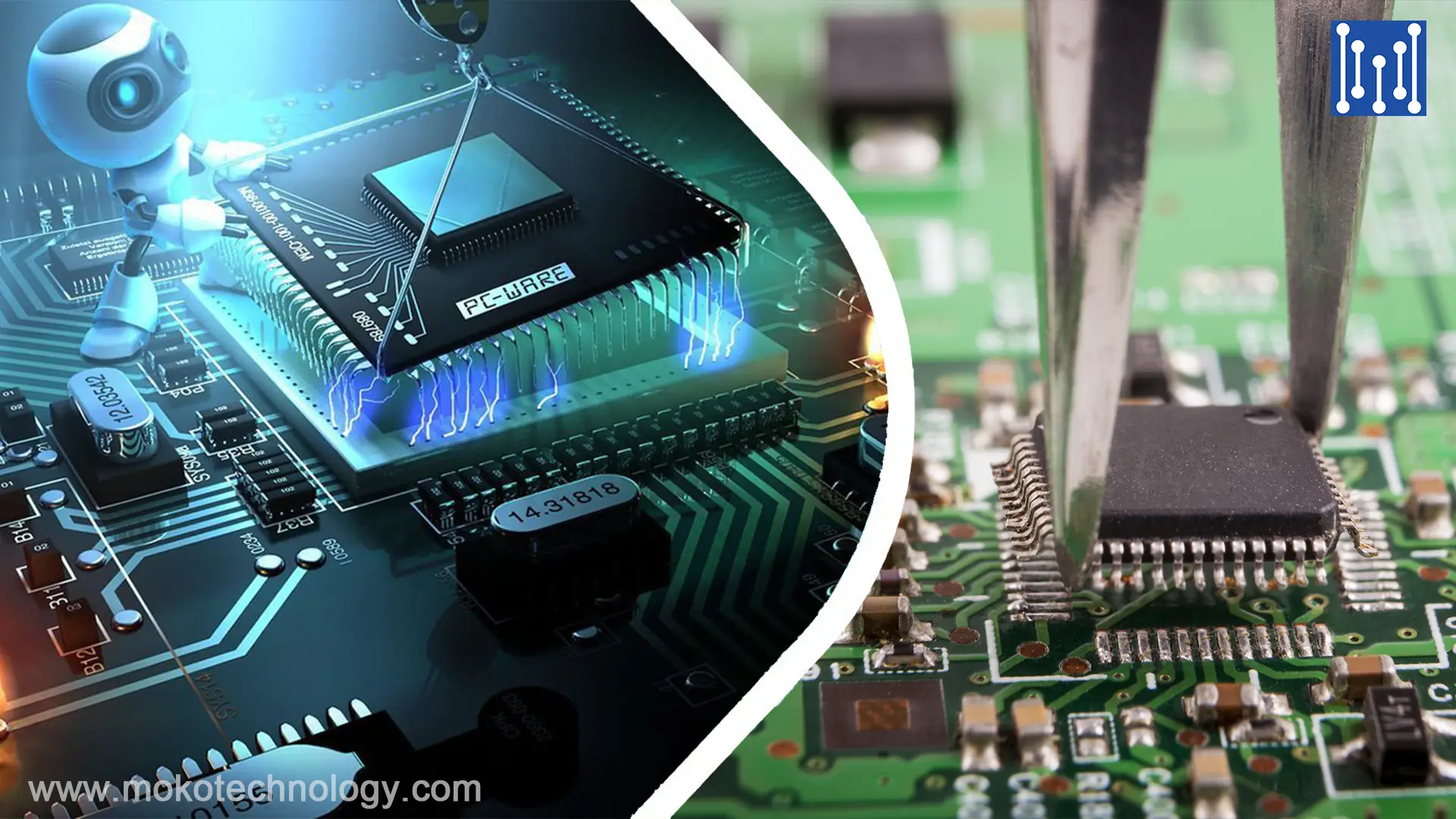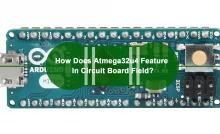

Integrated circuit programming is the process of transferring a computer program into an integrated computer circuit. If the PCBA house you cooperate with is professional, they may offer all-around PCB solution including Integrated chip programming. For B2C retailers, that is good news since batch processing of Integrated circuit (IC) programming is time-saving and cost-saving. So how is Integrated circuits programming going in PCBA house? Let’s dive into it.
Step 1: Source Programmable Integrated Circuits
When you sourcing Integrated circuits online or in-store, choose programmable type. The following list shows all the types of programmable and will help you a lot during purchasing.
FPGA is a common programmable logic module, which consists of a large number of programmable logic units and programmable interconnect resources. Various circuit functions can be realized after configuring internal logical units and interconnecting resources. FPGA features high flexibility, short development time, and reconfigurability. It is often applied in digital circuit prototyping, signal processing, and high-speed data transmission PCB.
GPU is a professional chip for graphics processing, mainly used for computer graphics rendering and parallel computing. There is a large-scale parallel processing unit and high-speed in GPU, so it is preferred in the field of image processing, computer games, and scientific computing.
CPLD is a complex programmable logic component, similar to FPGA, but on a smaller scale. CPLD is mainly used to realize the design of small-scale logic circuits. It distinguished itself by flexible programming, high integration, and good reliability in the market. It is often used in the fields of logical device and interface control.
EEPROM is a programmable non-volatile memory that can be modified a few times via electrical erasure operations and electrical programming. EEPROM is good at storing configuration information, calibration data, and program code, so people often use it for initialization and data storage of embedded systems.
MCU is a micro-controller chip with integrates processor core, memory, and peripheral interface. It frequently occurs in embedded systems devices and IoT applications due to its low power consumption, small size and low cost.
ASIC is an integrated circuits specific for customization. Customer are allowed to define the circuit construction and functional units inside the integrated chip to meet their special requirement. This brings about highly optimized performance and low power consumption for PCB. It is widely used in communication, digital signal processing, automotive electronics fields.
PLD is an universal programmable logic chip, containing programmable logic gate array and programmable interconnect resources. PLD can be programmed to realize different logic functions and it is suitable for all kinds of digital circuit design and prototype verification.
SoC is a chip that integrates multiple functional modules. It containing the processor core, memory, and peripheral interfaces. And it is also a combination of traditional system-level integrated circuits and communication technologies. SoC are commonly used in mobile devices, embedded systems, and IoT applications.
DSP is a programmable chip specially for digital signal processing. It does well in arithmetic operation and parallel processing, such as audio, video and image processing.
NPU is a special chip for artificial neural network acceleration. With a highly optimized matrix computing unit and neural network accelerator, it optimizes the computational efficiency and energy consumption ratio of artificial intelligence tasks.
Step 2: Incoming Quality Control
Before starting IC programming, it is necessary to inspect incoming integrated circuit. If any quality problems, contact your supplier and ask for a solution. This will avoid a few potential risks in next step. So pay attention to ensure that
- Integrated Circuit is in good status.
- Programmers can work normally.
- Operators are qualified.
Step 3: Integrated Circuit Programming
- Switch on the computer and the programmer , then connect them.
- Put IC into programmer socket and start programming software by click the button on computer and programmer.
- After a while, the indicator light will be on if programming is finished. Don’t forget to stick a Pass label on this integrated circuit as a record.
- If programmer fail to program the IC, the indicator light won’t be on. In the case, you should try again with other programmer. If there is still failure, stick it by “failure”label and put it into the defective products basket. Last but not least, the programmer which have malfunctioned should be checked and maintained.
Step 4: Inspection
After batch IC programming, it is necessary for PCBA house to inspect the function of the each integrated chip so as to lay a solid base for high-quality PCB final products.
Tips on Integrated Circuit Programming in PCBA Line
- In order to ensure stable quality level of the final products, we suggest to make sampling inspection for each batch as an additional assurance for assembly line inspection.
- Regular review quality assurance system counts a lot for PCB OEM factory. Helpful quality system, such as ISO9001 can ensure macro quality level of the whole factory. It helps factory discover their shortcomings and take remedial measures accordingly. Besides, customer feedback is also a good reminder to enhance the quality assurance of factory.
Takeaway
Confronting the development of high-tech field such as IoT and artificial intelligence, IC programming plays an expanding part in electrical manufacturing industry. We see a good future of these new high technology based on stable integrated circuit programming solution.
Recent Posts
Impedance Matching: A Critical Factor in High-Speed PCB Design
Impedance matching has become a cornerstone of the signal integrity in the realm of high speed PCB…
How to Clean a Circuit Board Safely and Effectively?
It is important to learn how to clean a circuit board properly if you’re working…
Counterbore vs Countersink: Which to Choose for Your PCB?
When designing PCBs, selecting the appropriate type of holes for fasteners is crucial. And much…
PCB Copper Foil: Types, Properties & How to Choose
PCB copper foil is one of the most critical materials in the printed circuit board…
MOKO Technology Launches Vietnam Manufacturing Base in February 2025
Shenzhen, China - February 11, 2025 - MOKO Technology, a leading global electronics manufacturing service…
PCB Solder Mask: What It Is and Why Every Circuit Board Needs It?
While most people focus on the components and copper traces that make up PCBs, there's…



